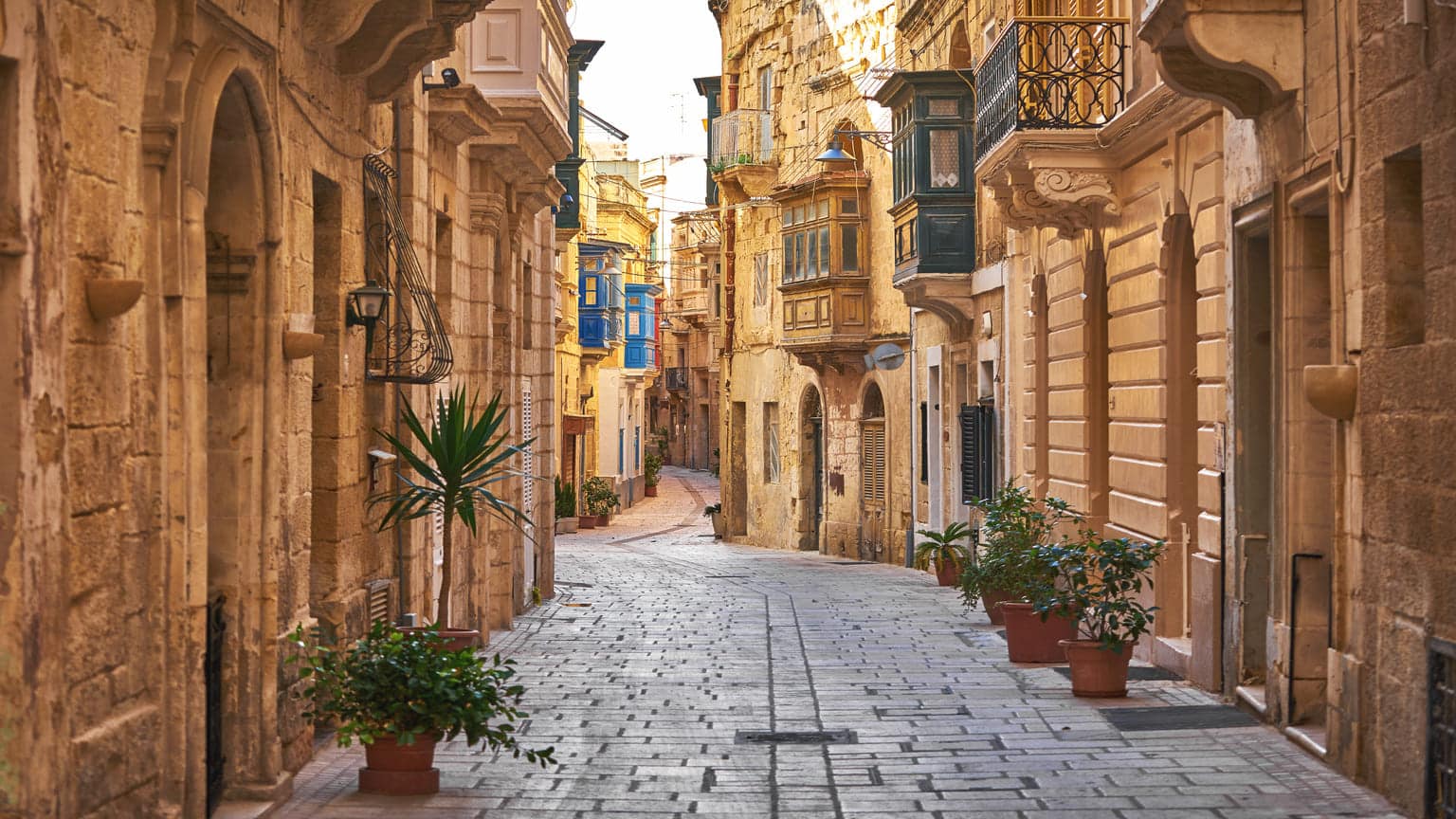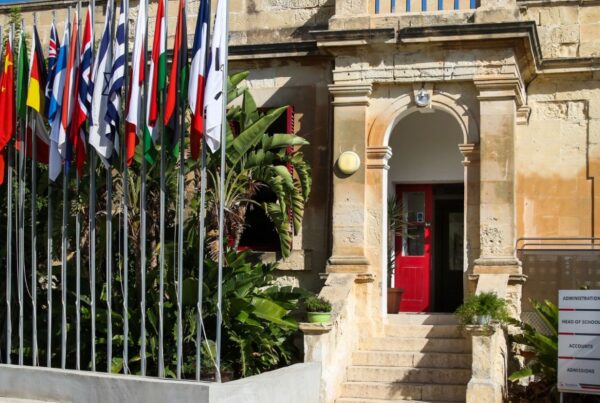 如果您点击这里,此页面将被翻译成中文。
如果您点击这里,此页面将被翻译成中文。
 如果您点击这里,此页面将被翻译成中文。
如果您点击这里,此页面将被翻译成中文。
 如果您点击这里,此页面将被翻译成中文。
如果您点击这里,此页面将被翻译成中文。
 如果您点击这里,此页面将被翻译成中文。
如果您点击这里,此页面将被翻译成中文。
Understanding Malta’s Real Estate Market.
Successfully navigating Malta’s real estate scene demands a grasp of its current growth, regional dynamics, and influential factors. Prospective investors must stay informed about market trends, recognize regional advantages, and remain mindful of external elements impacting their investments.
Market Growth and Trends.
Malta’s real estate sector has undergone significant expansion in recent years, marked by consistent property price increases and a competitive buyer’s landscape. This trend is fueled by the limited availability of high-quality properties, driving demand across the entire island. Contributing to this growth is the Malta Individual Investor Program (MIIP), enhancing Malta’s appeal to international investors seeking eligibility for Maltese citizenship.
Insights into Regional Properties.
Malta consists of diverse regions, each offering unique advantages to property seekers. Sliema, St. Julian’s, and Valletta are sought-after locations, providing diverse amenities, entertainment options, and scenic views. These areas cater to vibrant lifestyles, making them prime choices for expatriates.


Region Highlights Sliema Restaurants, shopping, scenic waterfront St. Julian’s Nightlife, gourmet dining, luxury accommodations Valletta Historical significance, cultural experiences, architectural beauty
| Region | Highlights |
|---|---|
| Sliema | Restaurants, shopping, scenic waterfront |
| St. Julian’s | Nightlife, gourmet dining, luxury accommodations |
| Valletta | Historical significance, cultural experiences, architectural beauty |
Market Influences.
The Maltese property market is influenced by various factors, including residency programs such as the Malta Residence and Visa Program (MRVP). These programs attract non-EU citizens by offering visa-free travel within the Schengen Area, contributing to increased demand. Malta’s stable political climate, strong rental yields, and historical appreciation rates also attract buyers.
Understanding Malta’s property market dynamics is vital for informed decision-making.
Navigating Legal Requirements.
For individuals over 40 seeking property in Malta, understanding the legal landscape is essential. The Maltese property market offers attractive opportunities but comes with specific rules, particularly for non-EU citizens and those interested in residency and citizenship programs.
Property Acquisition for Non-EU Citizens.
Non-EU citizens seeking property in Malta face additional legal requirements. While they can generally purchase one property, Special Designated Areas (SDAs) allow multiple property acquisitions without an Acquisition of Immovable Property (AIP) permit. The AIP permit, required for non-EU citizens outside SDAs, can take varying durations for approval.
| Requirement | Details |
|---|---|
| AIP Permit | Required for non-EU citizens (except in SDAs) |
| Number of Properties | One (outside SDAs), no limit in SDAs |
| Approval Time | 35 days to 12 months |
Understanding these legal intricacies is crucial when buying property in Malta. Seeking professional advice ensures compliance with Maltese law and a smooth transaction process.
Residency and Citizenship Programs.
Malta offers various residency and citizenship programs facilitating property purchases for non-EU citizens. Consulting with legal experts is essential to understand current requirements and ensure proper compliance with Maltese law during the application process.
Key Legal Considerations.
Purchasing property in Malta involves understanding key legal considerations that impact the transaction. Non-EU citizens should be aware of various taxes such as stamp duty, ground rent, and property tax. Thorough due diligence, with the assistance of legal professionals, is crucial to address these aspects properly.
Financial Aspects of Buying.
Understanding the financial aspects of buying property in Malta is essential. This includes awareness of initial deposits, fees, tax implications, and available financing options.
Initial Deposits and Fees.
The journey to owning property in Malta begins with a minimum deposit of 10% of the property price, a 1% agency fee, a property transfer tax of 5%, and stamp duty at 5%. Notary fees, ranging from 1-2% of the property’s value, are also part of the initial costs.
| Cost Type | Percentage of Property Value |
|---|---|
| Deposit | 10% |
| Agency Fee | 1% |
| Property Transfer Tax | 5% |
| Stamp Duty | 5% |
| Notary Fee | 1-2% |
Understanding the tax implications and financing options, including home loans covering up to 70% of the property value, is crucial for prospective buyers.
Property Types and Locations.
Malta’s real estate landscape offers diverse property types and locations catering to various preferences and lifestyles.
Popular Areas for Investment.
Sliema, St. Julian’s, Gzira, and Valletta are popular areas for investment, each offering unique amenities and attractions. Special Designated Areas (SDAs) provide flexibility for property acquisition by non-Maltese individuals, while historical and luxury properties in Valletta, The Three Cities, and other locations present distinctive opportunities.
In summary, Malta’s property market provides a broad range of options for buyers, from bustling cityscapes to tranquil seaside villages, historical gems to luxury developments.
The Property Purchasing Process.
The property purchasing process in Malta involves several key steps, including initial deposits, obtaining permits, and finalizing the sale.
Initial Steps and Deposits.
The process begins with appointing a notary, who prepares the promise of sale agreement. A 10% non-refundable deposit is typically paid after signing this agreement.
Obtaining the AIP Permit.
Non-residents must obtain an Acquisition of Immovable Property (AIP) permit, a legal requirement confirming their eligibility to purchase property in Malta.
Finalizing the Sale.
The final stage involves signing the final deed of sale, settling the balance of the property purchase price, and addressing associated fees, taxes, and duties.
| Payment | Detail | Percentage |
|---|---|---|
| Stamp Duty | Owed to the government on the purchase price | 5% |
| Notary Fee | Based on the property’s value | 1-1.5% |
| Legal Fee | Based on the property price | 1% |
| Agent Commission | Ranges between | 3-5% |
Understanding these steps and costs helps buyers navigate the market confidently, with professional guidance ensuring legal compliance.
Additional Considerations.
Apart from the property purchasing process, buyers must consider due diligence, investment potential, and additional costs associated with acquiring Maltese real estate.
Due Diligence and Legal Advice.
Conducting thorough due diligence before finalizing a purchase is crucial. Engaging legal professionals helps ensure compliance with regulations and safeguards against potential complications.
Investment Potential.
While Malta’s property market traditionally offers robust investment potential, evaluating individual property prospects based on factors like location and future development plans is essential.
Anticipating Additional Costs.
Buyers should anticipate additional costs, including transaction costs, renovation, and repairs. The total expenditure could amount to around 10% to 15% on top of the property purchase price. A contingency budget of about 10% of the property price is advisable to cover unforeseen expenses or necessary upgrades.
For a comprehensive overview of the expenses involved in buying property in Malta as a foreigner or to find more affordable options like property for sale in Malta under 100k, thorough financial planning and expert advice are indispensable.









